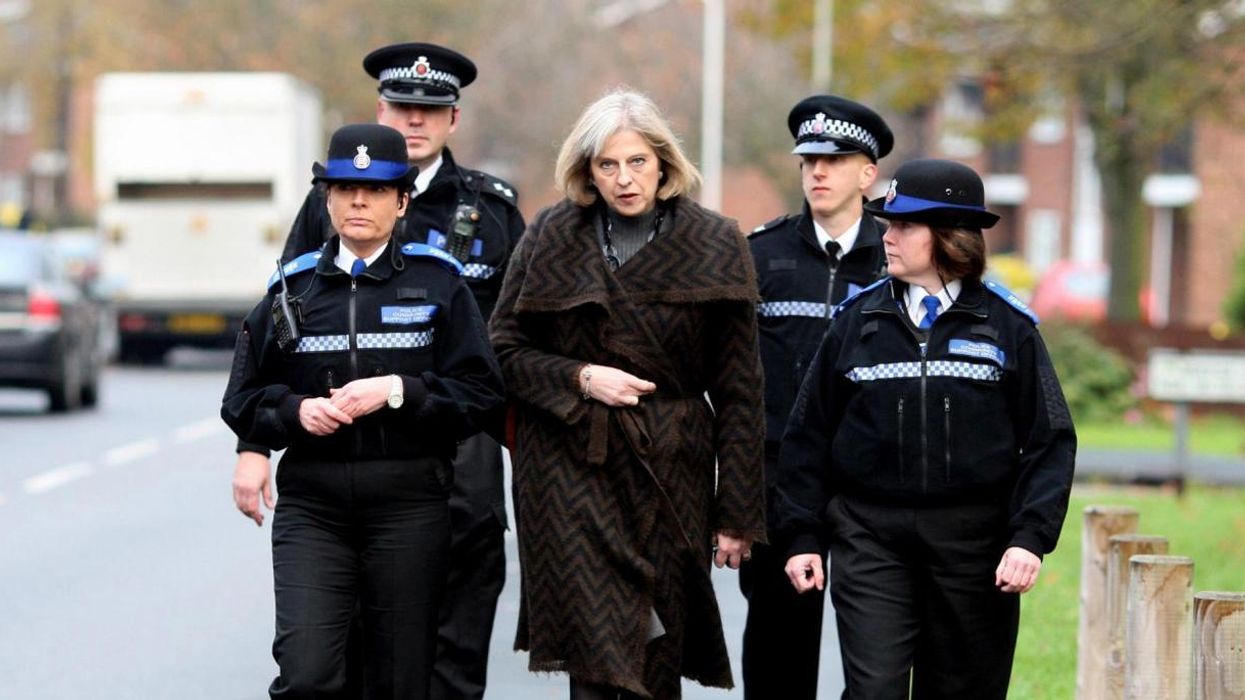News
Joe Vesey-Byrne
Jul 06, 2017

Picture:
PA
In the general election the Conservative Party only won 317 seats, putting them short of an overall majority.
In such a close race, every seat counts, and in those close seats every vote counts.
In 2017, five Tory candidates lost by fewer than 50 votes, and in big university towns such as Canterbury the party lost by just 187 votes.
The fact that the elections could have gone the other way, assumes that student turnout was predominantly anti-Tory, as the majority of the demographic often suggests.
Fraud
On Wednesday, the Tory MP Sir Henry Bellingham suggested that he had seen evidence of students bragging about voting twice.
In a topical question in parliament, Sir Henry asked the Cabinet Office Minister Chris Skidmore:
Is the Minister aware that there is now clear evidence that many students boasted on social media of voting twice—once at university, and once by post at home? Surely this is straightforward electoral fraud.
The issue has previously been raised by his colleagues the MP Peter Bone, and the Leader of the House Andrea Leadsom.
In response Skidmore said:
The offence of double voting that my hon. Friend mentions is completely unacceptable. Indeed, it is nothing less than an abuse of our democracy. I am meeting Sir John Holmes, the chair of the Electoral Commission, this afternoon, and I intend to raise this with him as a priority. Let all of us in this House be clear: this is a crime.
As students can live almost 50/50 between two addresses, UK law allows them vote in two different places for local elections, so long as they are different local authorities.
It is illegal to vote twice during a general election
It is possible for a student to vote in their university town, and hop on a train to vote at home, or even to arrange a postal vote.
The claims made by Bellingham and his colleagues have been referred to the Electoral Commission.
The commission has told the BBC that investigating these claims would be a matter for the police.
Voter fraud is incredibly uncommon
By analysing the 2015 general election, the Electoral Commission found that 0.000016 per cent of votes cast were accused of being fraudulently cast.
In total there were 123 accusations of voter fraud. Of these only 57 accusations related to impersonation, multiple voting, or legal incapacity to vote at a parliamentary election.
Of those, only four cases resulted in caution, and two were under investigation as of March 2016.
There were only three convictions under the Representation of the People Act relating to 2015 elections, and only one of these related to a Westminster election.
The conviction was regarding false statements on a nomination form.
The fraudulent elephant in the room
Of note, is the silence from Tory benches on the cases given to the Crown Prosecution Service by 14 police forces in 2016, regarding possible breaches of election spending laws by Tory candidates in the 2015 election.
In May, the CPS announced no criminal charges would brought against Conservative candidates who were alleged to have broken election spending rules.
Similarly, in 2017 Channel 4 broadcast an investigation into the Conservative Party's relationship with a call centre in Wales that allegedly made paid for canvassing calls on behalf of Conservative candidates on polling day.
It is illegal in the UK to pay or treat canvassers.
HT BBC
More: 5 charts that show the Tories are exaggerating the threat of voter fraud
Top 100
The Conversation (0)













